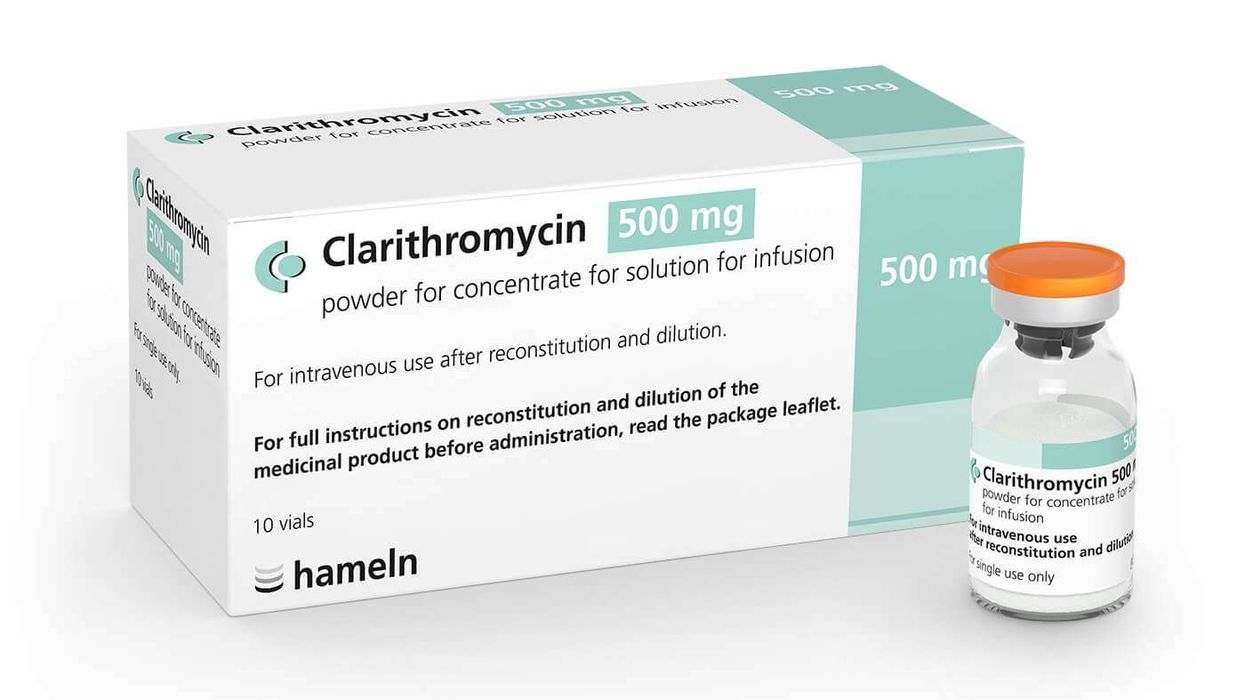Recent uptake of COVID-19 vaccine booster doses in Europe has been "rather disappointing," an official said on Thursday (November 24), amid concerns that protection against severe cases of the disease could weaken during the winter.
The European average rate of re-vaccination, or receiving booster doses, was only 29 per cent in the groups of people considered to be at highest risk, such as the elderly and immunocompromised.
"It is of concern that those most at risk of hospitalization or severe COVID are not adequately protected," the European Medicines Agency's head of health threats and vaccines strategy, Marco Cavaleri, told a news briefing.
Though there have not been major increases in COVID-19 case rates in recent weeks, Cavaleri said that could change during the colder winter months.
"This virus is maintaining a fast pace in its evolution, and new subvariants of Omicron and its offspring are on the rise," Cavaleri said, adding that these are more resistant to vaccines.
New antibody treatments needed
Cavaleri said it was worrisome that available antibody treatments to fight the virus in infected patients are no longer working against new subvariants.
The EMA intends to issue new guidelines for health care providers on the issue of such treatments, he said.
Last week, Britain’s agency that determines if medicines should be used in NHS said it recommended stopping the use of five COVID-19 treatments, including Merck & Co's antiviral pill for high-risk patients, citing cost-effectiveness concerns.
Cavaleri said that the EMA is in contact with companies working on next-generation monoclonal antibodies against COVID-19 to help speed up development.
The EU regulator would discuss this issue, including clinical trial design of next-generation treatments, at a meeting with the U.S. Food and Drug Administration and other international experts in December, he added.
An antiviral drug that is proving effective against all COVID-19 variants and subvariants is Pfizer Inc's Paxlovid, he said. The drug has also been shown to prevent post-acute, longer-term effects of the disease, he added.
But prompt access to Paxlovid remains an issue in the EU, and the EMA is working with governments to change this, he said.
The agency's chief medical officer, Steffen Thirstrup, warned that a decline in case numbers over the past few weeks should not create a false sense of security as a rebound in cases could easily put vulnerable groups at risk again.
"Although many societies have opened up and are more or less considered to be back to normal, there is still a lot of circulating virus out there," Thirstrup said.











